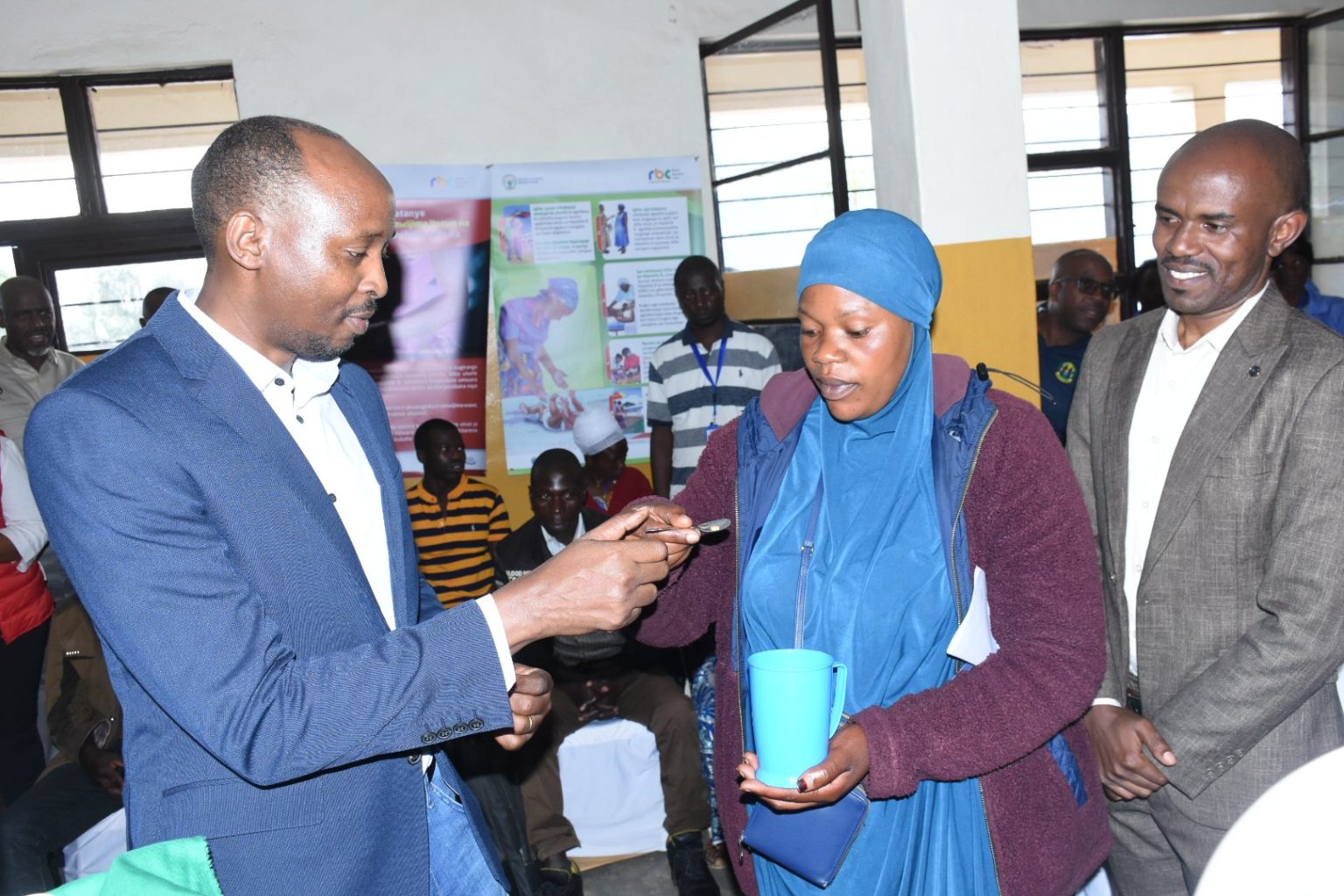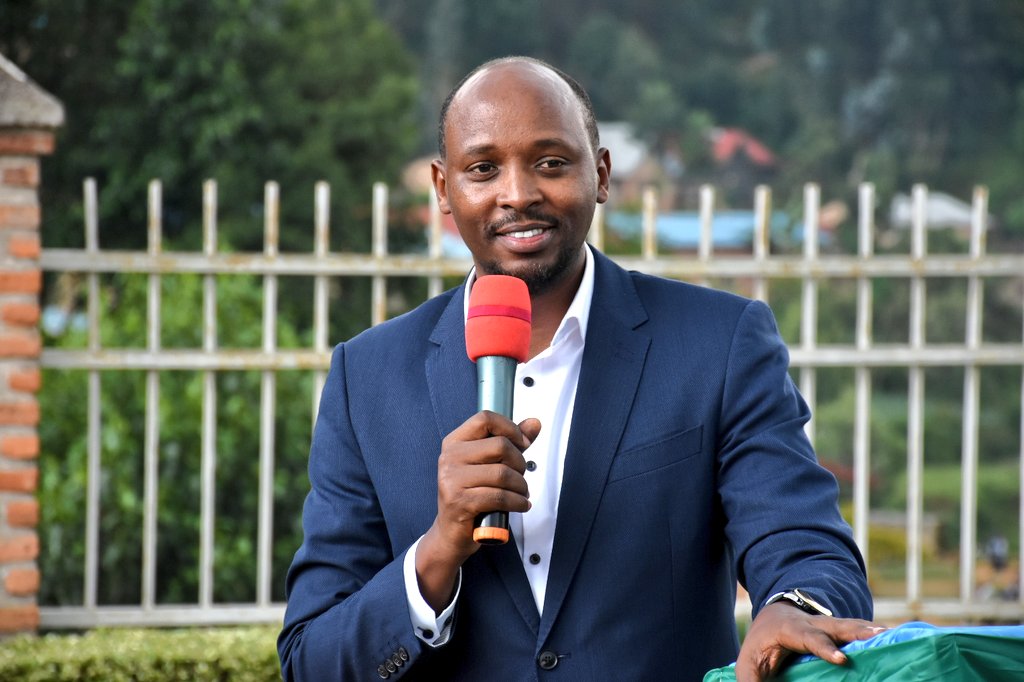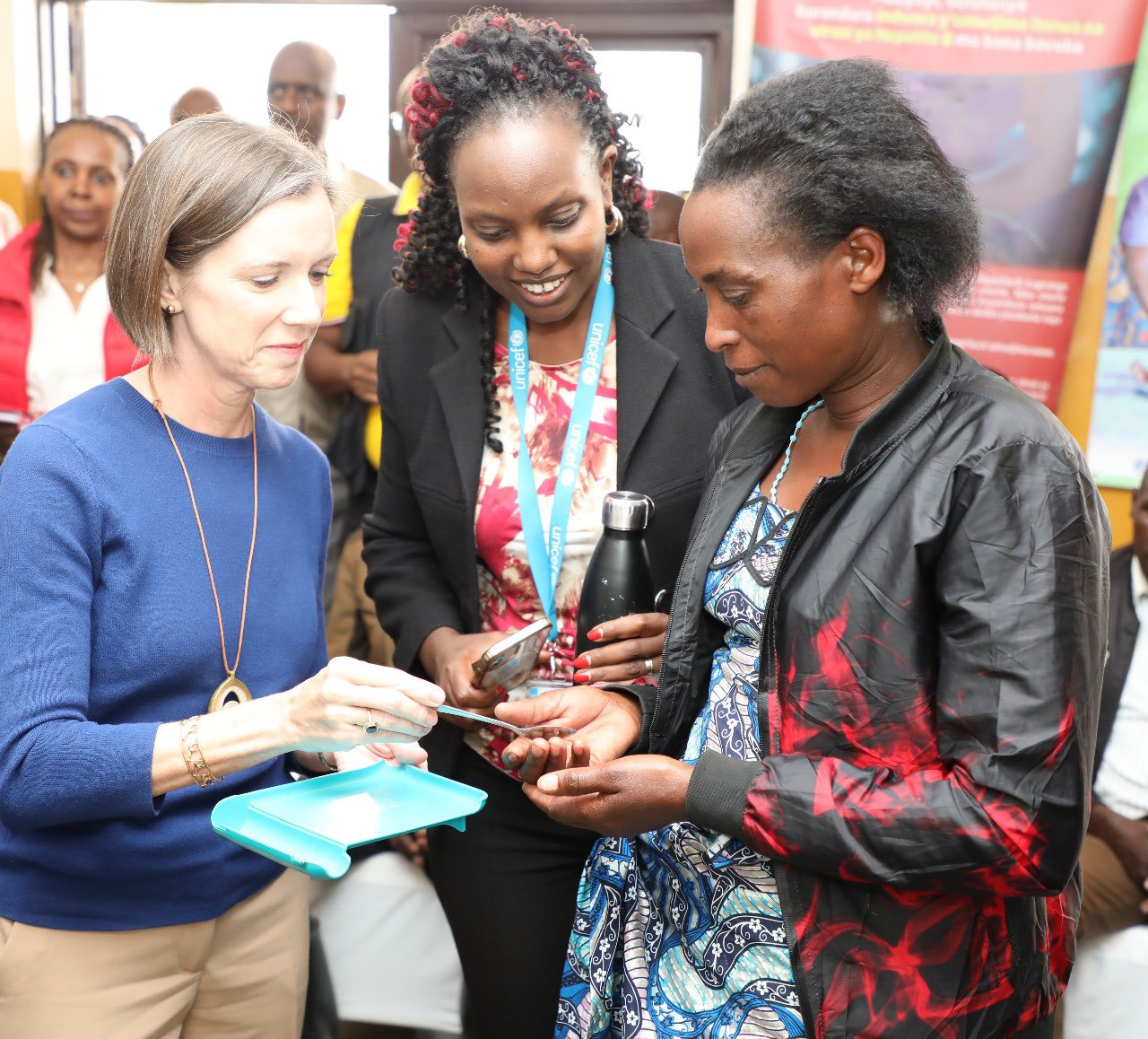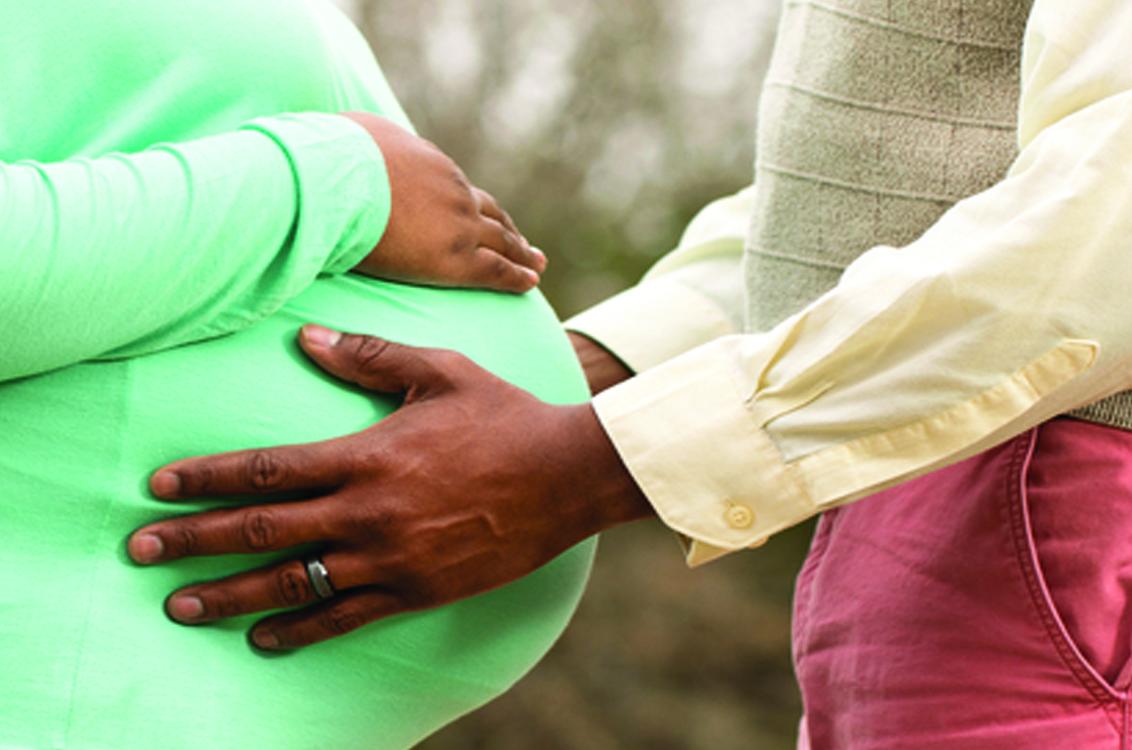The Ministry of Health, in collaboration with UNICEF, has started providing pregnant women with nutritional support. There will also be a plan for parents to introduce nutritional guidelines for their school-aged children, teenagers and young adults.
This program was launched last night at Kabaya Hospital in Ngororero District.
Before the Minister of Health Dr. Sabin Nsanzimana officially launched it, the participants of the ceremony first participated in various activities including giving pregnant women Vitamin tablets and mixed minerals, planting vegetables in the kitchen garden and planting edible fruit trees in the G.S Kabaya school.
In the discussion, it was revealed that Rwanda has put a lot of effort into combating malnutrition among children under five years of age, pregnant and lactating women and adolescents.
Pregnant women used to get a pill with two vitamins and minerals, but now they will be getting 15 vitamins combined.

Another similar program launched in Ngororero is to help teenagers and young adults get nutrition and other ways to help their bodies repair the growth delays they had in the first years of their lives.
Doctors believe that when a pregnant woman or girl lacks a healthy diet, the brain, heart, lungs and other important tissues do not develop properly.
Of course, the effect is on the mother and the child, but mostly the child is the one who bears it because his body is still growing.
The Mayor of Ngororero District, Nkusi Christophe, said that this plan is expected to deal with the crisis that threatens the District he leads.
On the other hand, Ngororero is to be commended for its efforts in reducing childhood obesity as it went from 50.5% to 10%.
Nkusi added that children, adolescents and teenagers will also be monitored at schools.

Minister of Health Dr. Sabin Nsanzimana, said that nutrition is one of the things that helps to be healthy because it helps to build the body and to deal with non-infectious diseases that affect many.
He said, “It does not eliminate other programs used to reduce obesity, but rather adds to it, reminding us that fighting obesity is a struggle for everyone, but from the mother, especially the pregnant woman.”
He said that this program called Multiple Micronutrient Supplementation (MMS) has been extended to teenagers and young adults because they will be the parents of tomorrow.

It will make them grow up as people with enough blood, without the problem called Anemia.
Anemia occurs when a person’s body does not make enough red blood cells.
Minister of Health Dr. Sabin Nsanzimana said: “Doing this is like sowing what we will reap when the child is born.”
Currently, the rate in Rwanda is at 33%, and the goal is that it will go below 19% by the end of 2024-2025.
In Rwanda, 33% of pregnant women suffer from anemia and 2,023 per 100,000 women die in childbirth.
The Ministry of Health in Rwanda emphasizes that the MMS program will reach seven regions in the country.
It will help to prevent malnutrition among pregnant women to give birth to low birth weight babies, reduce or eliminate premature births and child deaths and maternal and perinatal deaths.



